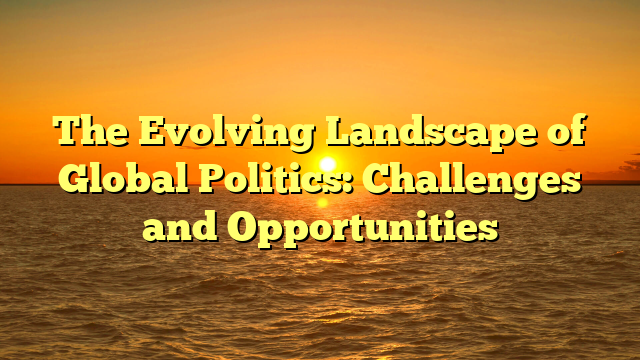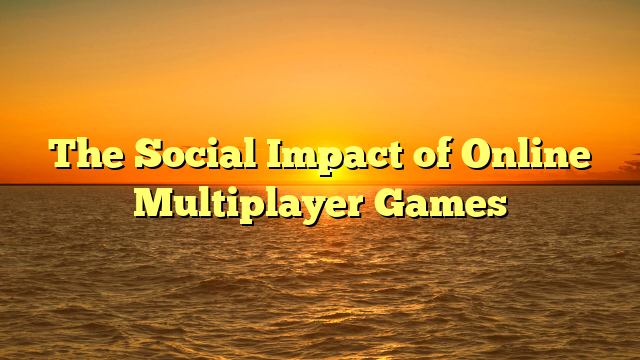
The Evolving Landscape of Global Politics: Challenges and Opportunities
In an increasingly interconnected world, politics has become more dynamic, complex, and contentious than ever before. The traditional boundaries between domestic and international affairs have blurred, and nations are grappling with new challenges—climate change, disinformation, migration, and shifting power dynamics among global superpowers. Amid these transformations, the question arises: how can political systems adapt to better serve the people in the 21st century?
Rising Polarization
One of the most pressing issues in modern politics is polarization. In many democratic countries, especially in the United States, the ideological divide between major political parties has widened dramatically. Social media has played a significant role in amplifying extreme views, creating echo chambers where misinformation spreads easily and compromise is seen as weakness. This polarization has eroded public trust in political institutions and made it difficult to pass meaningful legislation.
The result is gridlock: governments fail to address critical issues because politicians are more concerned with party loyalty than public service. This stalemate often leads to voter disillusionment, declining turnout, and the rise of populist figures who claim to “fix the system” by challenging democratic norms.
The Rise of Authoritarianism
While some countries struggle with too much political division, others face a different threat: creeping authoritarianism. Leaders in nations such as Russia, China, and more recently Hungary and Turkey, have used democratic tools to consolidate power, limit dissent, and control the media. These regimes often operate under the guise of nationalism or stability, suppressing opposition while maintaining a façade of democracy.
This trend is worrying for the global order. Authoritarian governments are less transparent and more likely to act aggressively on the international stage. Moreover, their growing influence challenges the liberal democratic model that has dominated global politics since the end of the Cold War.
Climate Politics: A Global Imperative
No political issue today is more urgent than climate change. Yet, international cooperation remains limited. While agreements like the Paris Accord are steps in the right direction, enforcement is weak and major emitters often fall short of their commitments. Domestic politics often impede global climate action. For example, efforts to reduce fossil fuel dependency can face strong resistance from influential energy lobbies and local communities dependent on traditional industries.
What’s needed is a new form of climate politics—one that transcends short-term electoral cycles and prioritizes long-term survival. Youth-led movements, such as Fridays for Future, show that a new generation is demanding change. However, translating activism into policy remains a significant challenge.
Technology and the Democratic Process
Technology has revolutionized how politics is conducted, with both positive and negative consequences. On the one hand, digital tools have increased political engagement, enabling grassroots movements and giving marginalized voices a platform. On the other hand, surveillance, algorithmic manipulation, and AI-driven disinformation campaigns have undermined elections and threatened civil liberties.
Democratic societies must now grapple with regulating technology companies without stifling innovation. Balancing freedom of speech with the need to prevent harm is a delicate task, and one that many countries are only beginning to address.
A Path Forward
Despite these challenges, there are reasons for optimism. Citizen activism is on the rise, with people more informed and engaged than ever before. Innovations in participatory democracy—such as citizen assemblies and digital voting—are being tested around the world. Additionally, naga2000 login and civil society groups continue to hold governments accountable and push for reforms.
Ultimately, politics is not just about elections or legislation—it’s about the collective decisions that shape our shared future. Whether it’s fighting climate change, ensuring human rights, or fostering economic justice, the political choices we make today will define the world of tomorrow. For politics to truly serve the people, it must evolve—becoming more inclusive, transparent, and responsive to the complex realities of the 21st century.



